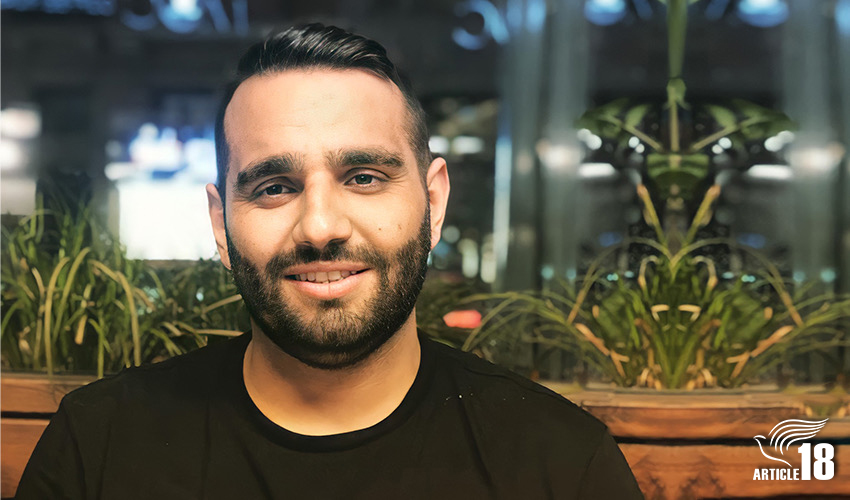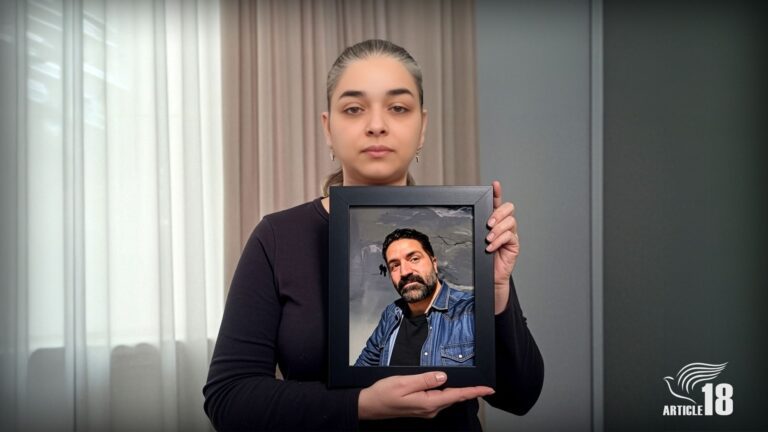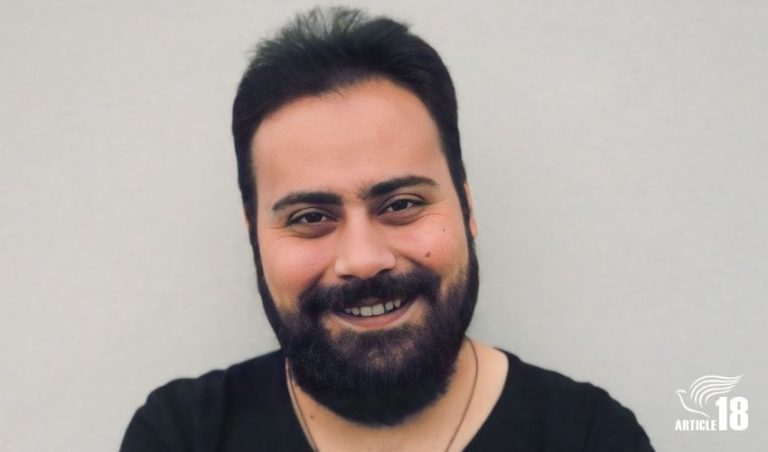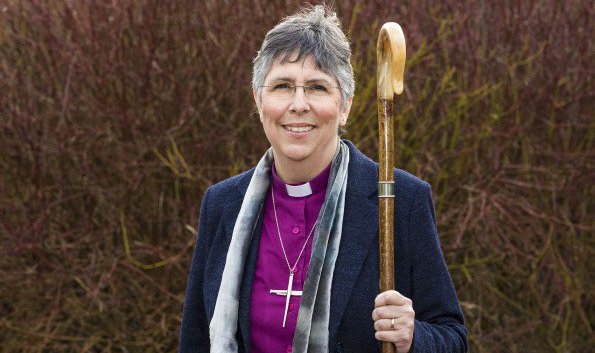
It was clear from the questions the interrogators asked him that Iman Ghaznavian Haghighi had been arrested only because of his Christian faith.
“When and how did you start to believe in Jesus Christ? Where did you get your Bible? How many people did you evangelise? Why did you evangelise? What was your responsibility in the house-church?”
For 10 hours a day, Iman says he was repeatedly asked these questions.
The Christian convert was 26 years old when he was arrested, as he went out of the front door of his home in Shiraz one morning in September 2012.
Three agents of Iran’s Ministry of Intelligence forcibly pushed him back inside his home, and “angrily” asked Iman’s mother and sister to put on their headscarves, before seating the three of them on a sofa and placing another sofa in from of their feet, “so that we couldn’t move”.
“My mother and sister were both shocked and very scared,” Iman recalls, “but I felt a strange peace, alongside a little fear.”
The agents ransacked Iman’s home, confiscating everything from his mobile phones and laptops, to books, CDs and even a Jewish candleholder he had bought during a visit to India.
Then Iman was taken away, and forced to sit in between two agents in the back of a car, his head pushed down “so that I couldn’t see anything along the way”.
For the next 26 days, Iman was held in the Ministry of Intelligence prison.
For the first nine of these days, Iman was held in solitary confinement – in a cell “so small it wouldn’t have been possible to sleep even if just two or three people were there”.
The hot weather only added to Iman’s discomfort, and the rank smell of his solitary cell.
And even after his time in solitary confinement was through, Iman says the agents did everything they could to ensure his stay was not a comfortable one.
“I was put in a cell with two others, but they constantly changed who I was with,” he recalls. “This was also a mental torture for me, because as soon as we became friends and I got used to them, they separated us.”
On his second day in detention, Iman was taken to the prosecutor’s office, where he says: “I wasn’t allowed to speak, and they made fun of me. I was told, ‘Shut up! You aren’t allowed to talk!’”
Instead, Iman was told he must write down his answer to their questions.
Once again, the line of questioning was clear.
“For how many years have you believed in Jesus Christ? How did you come to this belief? Have you been baptised? Which Christian denomination do you belong to? Have you been in contact with Christian channels abroad?”
During his interrogations, Iman says he was frequently insulted – they called him “unclean” and asked why he had changed his religion and brought this “misery” upon himself.
Iman says he suffered stress-induced headaches and nosebleeds at night, and that after his release a doctor, seeing his condition, told him “It’s a miracle you haven’t suffered several strokes!”
One day, Iman was forced to watch as another detainee was subjected to a sustained attack with a taser.
“He moaned and screamed, and was thrown to the ground every time he was attacked with it,” Iman recalls.
And the day before his release, Iman was forced to make a “confession” on video.
“They asked me again all the questions they had asked me during interrogations, but this time in front of the camera,” Iman explains.
Iman was also told to testify against his Christian friends, and told they had done the same to him.
“Their goal was to divide us, so that we wouldn’t be in contact with each other after our release,” he says.
Finally, Iman’s bail was set, at 100 million tomans (around $33,000), and he was allowed to return home.
But Iman found that the life he returned to was not the one he had known before his arrest.
At every turn, it seemed the doors closed in Iman’s face.
First it was the university, where he had hoped to study business administration.
“Unfortunately, after my arrest, the university told me my name wasn’t on the registration list,” Iman explains.
Next, it was his job.
Iman had gained a license in laying ceramic tiles, but after his release, he suddenly found out he no longer had a license.
So Iman tried working for another employer.
“But a week later, when I went to his workplace, he said: ‘Unfortunately I can no longer work with you’,” Iman explains.
Iman says the “confusion” and “difficulty” of those days left him “hopeless”.
“I said to myself: ‘Why am I alive?’ The only reason I lived was for my family.”
Iman says he would constantly receive calls from the Ministry of Intelligence, telling him, “We’re watching you, everywhere you go!”
They even offered to acquit him, if he’d “write a blog against Christianity, or travel abroad to spy on the activities of other Christians”.
Then Iman was forced to attend “re-education” classes with an Islamic cleric.
“Those were very difficult days,” he recalls, “because I had no knowledge of Christian apologetics, and [his] words challenged me.”
Finally, around 10 months after his release from prison, Iman was given a suspended five-year prison sentence, though even the precise charges against him were vague.
“In the first days after my arrest, they had told me my charges were ‘acting against the security of the regime’,” Iman explains. “After my release I was interrogated again and my charge was replaced with ‘forming small groups to overthrow the regime’… Finally, in the court a verdict was issued to me on the charge of ‘propaganda against the regime’.”
Iman was told he must visit the Ministry of Intelligence once every two months in the first year of his suspended sentence, every six months in the second year, and once more in the third year.
But eventually the pressure of it all took its toll on Iman, and he fled the country just two weeks after the beginning of his suspended sentence.
Iman first went to Armenia, but when they wouldn’t accept him as a refugee he crossed into Turkey.
The day after his arrival, on 29 November 2013, Iman applied for asylum with the UNHCR in Turkey.
At first it seemed that the process would run smoothly – he was excited about the chance to move to the US after meeting some American Christians in Turkey – but when the process stalled, Iman began to feel more and more helpless, and has struggled with depression.
Iman was initially sent to the small city of Bolu, 300km east of Istanbul, and struggled to obtain permission to travel to other cities to meet with other Christians there.
In 2019, he was allowed to relocate to Istanbul, where he has more connections, after a psychiatrist acknowledged his struggles with depression, but he longs for the opportunity to find a new permanent home.
You can read Iman’s full Witness Statement here.



0 Comments
Trackbacks/Pingbacks